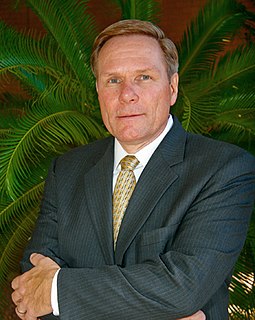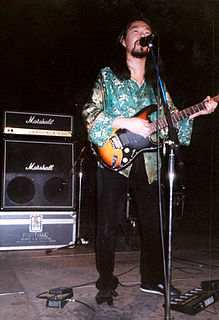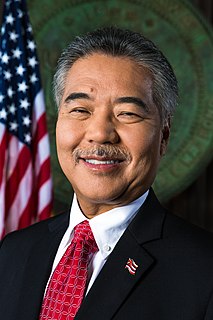A Quote by Garry Kasparov
We should simply accept the fact that the way machines make decisions is different, and rather look at the result. If machines are providing results that we are looking for, you would mind how much human understanding was used in the process. And more likely we should look for the way of combining human skills and machine skills. And that, I believe, is the future role of humanity, is just to make sure it will be using this immense power of brute force of calculation for our benefit.
Quote Topics
Accept
Believe
Benefit
Brute
Brute Force
Calculation
Combining
Decisions
Different
Fact
Force
Future
How
How Much
Human
Humanity
I Believe
Immense
Just
Likely
Look
Looking
Machine
Machines
Make
Mind
More
Much
Our
Power
Process
Providing
Rather
Result
Results
Role
Should
Simply
Skills
Sure
Understanding
Used
Using
Way
Will
Would
Related Quotes
Chess is a unique battlefield for human minds and computers - human intuition, our creativity, fantasy, our logic, versus the brute force of calculation and a very small portion of accumulated knowledge infused by other human beings. So in chess we can compare these two incompatible things and probably make projections into our future. Is there danger that the human mind will be overshadowed by the power of computers, or we can still survive?
Although technology is proceeding at a dizzying pace, I believe that the human mind will always have control of itself. And since the human mind has a degree of infinity and imagination unlikely to be matched by a machine for a very, very long time, I don't think that we will become the machines of the machines.
Machines have given us a new ability to count and make our understanding quantitative. The Web connects news gatherers with audiences in ways that were never possible before and can bring a breadth of intelligence, and experiences to understanding the news we never had. And professional reporters and editors still have a unique role to play in triangulating those inputs as well as bringing three other distinct skills - access to interrogate people in power, exceptional storytelling skills, and a discipline of open minded, skeptical inquiry - which are not as likely to be found elsewhere.
There is, however, one feature that I would like to suggest should be incorporated in the machines, and that is a 'random element.' Each machine should be supplied with a tape bearing a random series of figures, e.g., 0 and 1 in equal quantities, and this series of figures should be used in the choices made by the machine. This would result in the behaviour of the machine not being by any means completely determined by the experiences to which it was subjected, and would have some valuable uses when one was experimenting with it.
Although humans today remain more capable than machines for many tasks, by 2030 machine capabilities will have increased to the point that humans will have become the weakest component in a wide array of systems and processes. Humans and machines will need to become far more closely coupled, through improved human-machine interfaces and by direct augmentation of human performance
We are too much in the machine world today. Even here in Tuva we've got every year more and more cars and other technologies, and of course it brings more pollution to our air, to nature. And I think the idea of the Kraftwerk song is people should not be very much mechanized or to be a machine in the world of machines. The idea is to try to find a golden middle between the world of nature and the world of machines.
That machines will surpass us in intelligence is inevitable. What it means is unknowable. Will they be sentient? What will they care about in the sense that determines our human motivations? All the theorizing by the experts and non-experts makes for interesting conversations and dramatic headlines, but it's more likely we will be surprised by how our technology develops and how it is used, as we so often are.






























